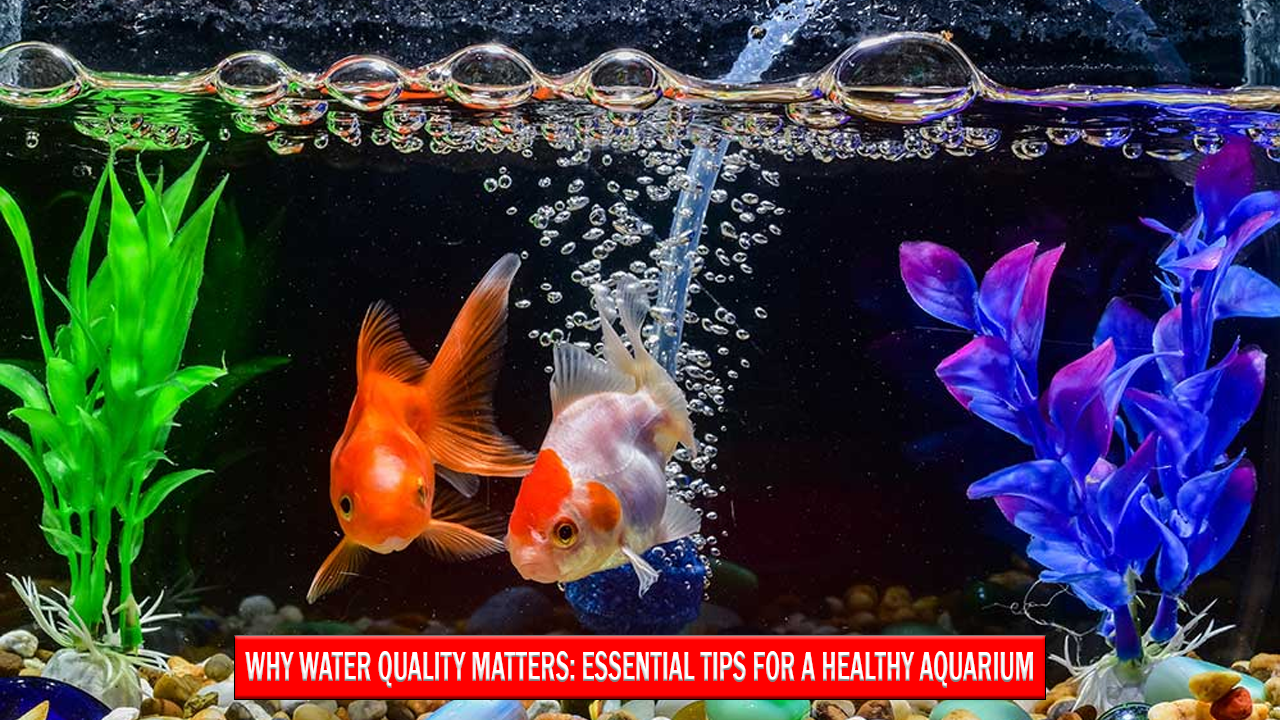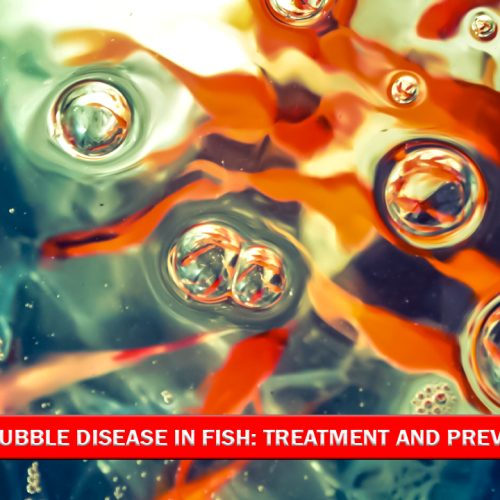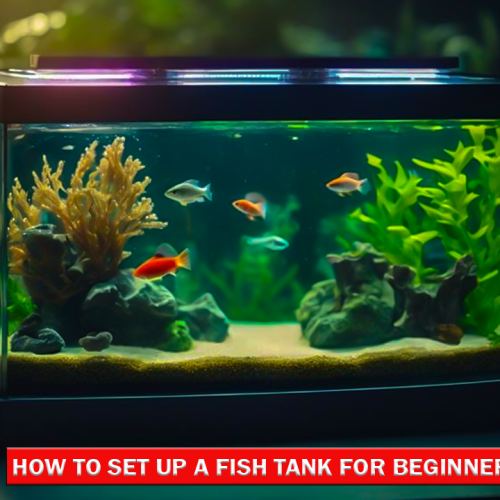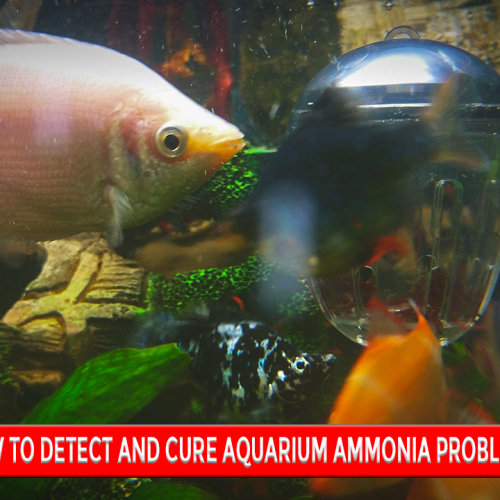Why Water Quality Matters for a Healthy Aquarium
Maintaining the health of your aquarium is more than feeding the fish and admiring their beauty. Water quality is what any great aquatic environment is built on. For a new aquarist or an old experienced one, the knowledge of water quality will be what distinguishes between a thriving tank and a non-vibrant tank.
The Importance of Water Quality
 Water represents your fish’s lifeblood. It influences their health and behavior and affects their lifespan. Poor conditions in water can leave your fish stressed, be the host of deadly diseases, and sometimes even result in death. Water quality also affects the growth of plants, beneficial bacteria, and overall aesthetic appeal of the tank.
Water represents your fish’s lifeblood. It influences their health and behavior and affects their lifespan. Poor conditions in water can leave your fish stressed, be the host of deadly diseases, and sometimes even result in death. Water quality also affects the growth of plants, beneficial bacteria, and overall aesthetic appeal of the tank.
Key Parameters of Water Quality
1. pH Level
Fish have different needs in terms of pH levels according to their species. Check and balance regularly for less stress and good development.
2. Ammonia, Nitrite, and Nitrate
These are the compounds that were produced by waste fish and decomposed organic matter. Toxic ammonia and nitrite are deadly to your fish. Regular water changes and a well-working biological filter will prevent ammonia and nitrite spikes.
3. Water Hardness
Water hardness is the concentration of minerals such as calcium and magnesium. Depending on the type of fish, varying levels of hardness exist. Research your species’ needs.
4. Temperature
Water temperature must be stable. Varying temperatures can cause several stress-related phenomena, down your aquatic immune system, and cause diseases. A good heater and thermometer would guarantee stability.
5. Oxygen Levels
Both fish and good bacteria require sufficient oxygen levels. Proper aeration via filters and air pumps can maintain optimal levels.
Water Quality Maintenance Tips
Buy Quality Filtration
A quality filter removes waste, toxins, and debris. Select filters suitable for your tank size and your numbers of fish.
Buy Quality Filtration
A quality filter removes waste, toxins, and debris. Select filters suitable for your tank size and your numbers of fish.
Test Parameters
Use aquarium water test kits to track pH, ammonia, nitrite, and nitrate levels.
DON’T OVERFEED
Uneaten food decomposes and emits toxins. Feed only as much as your fish can consume in 2-3 minutes.
Remove algae buildup, vacuum the substrate, and rinse decorations without using harsh chemicals.
ADD LIVE PLANTS
Plants help absorb excess nutrients and produce oxygen to balance out the ecosystem.
Condition Your Water
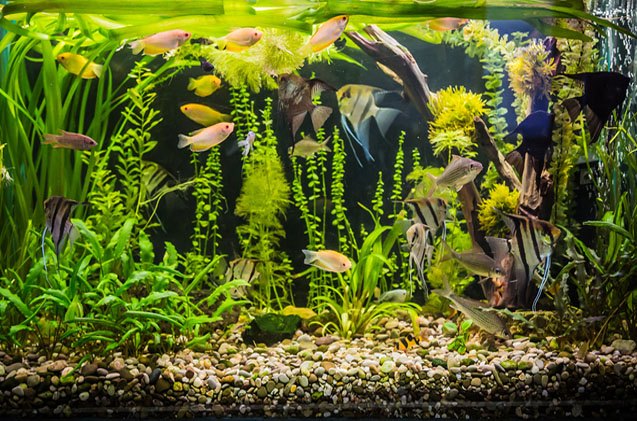 Use water conditioners to remove chlorine, chloramines, and heavy metals before adding tap water to your tank.
Use water conditioners to remove chlorine, chloramines, and heavy metals before adding tap water to your tank.
- Signs of Poor Water Quality
- Cloudy or discolored water
- Fish gasping at the surface
- Unusual fish behavior or illness
- Excessive algae growth
- Foul odors
Why Consistency is Key
Consistency in water quality maintenance prevents sudden changes that can shock your fish. Regular monitoring and adjustments help create a stable, thriving environment.
Conclusion
High-quality water is the foundation of a healthy aquarium. You understand the conditions under which the water quality would deteriorate and, hence, must conduct the required maintenance processes to maintain it in a healthy condition, ensuring that your aquatic pets have a safe, vibrant home. Little efforts go a long way for maintaining a harmonious environment where fish and plants thrive together.
FAQs (frequently-asked questions)
Test the water weekly, or when you see changes in the behavior of your fish or when changes occur in water properties.
The ideal pH ranges by species but most freshwater fish do well between 6.5 and 7.5.
Yes. Live plants absorb excessive nutrients, decrease toxins, and oxygenate the water.
Change your water regularly, do not overfeed, and be sure your filter runs properly.
Temperature changes stress fish to a point where their immune systems break down, which increases the possibilities of disease. One should use a heater to maintain stable temperatures.

